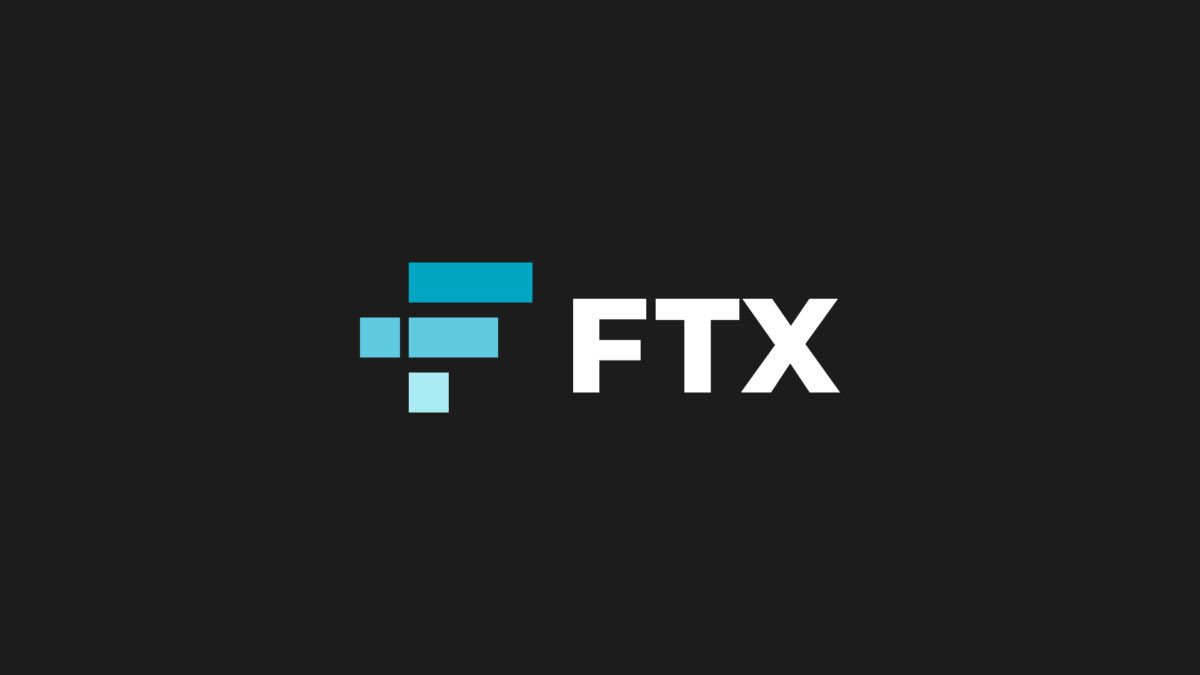Here’s How Much the FTX Bankruptcy Case Has Cost in Legal Fees
27.02.2025 14:59 1 min. read Alexander Stefanov
The ongoing bankruptcy proceedings for FTX have already incurred close to $1 billion in legal fees, positioning it among the priciest cases in U.S. history.
As of early January, nearly $948 million has been paid to legal teams handling the Chapter 11 case, with the court approving fees exceeding $952 million. This substantial sum coincides with FTX’s efforts to begin reimbursing its customers, which started on February 18.
A closer look at the breakdown reveals that Sullivan & Cromwell LLP, FTX’s primary law firm, has received over $248 million for its services.
Alvarez and Marsal, the firm advising FTX on financial matters, has been paid around $306 million. Additionally, legal representatives advocating for FTX’s customers have collected approximately $110 million, while John Ray, who stepped in as CEO after FTX’s collapse, has seen his consulting firm earn over $8 million.
Despite the eye-watering fees, some legal experts argue that the costs are justified, as the legal teams have been instrumental in locating and tracking billions of dollars in digital assets and funds. The bankruptcy proceedings remain active, with ongoing efforts to recover more funds from FTX’s scattered accounts.
Notably, lawsuits are still pending, including one against Binance. While FTX’s case ranks as one of the most expensive, it still falls short of the $6 billion in fees from the Lehman Brothers bankruptcy, the most costly in U.S. history.
-
1
Here is Why the Fed May Cut Rates Earlier Than Expected, According to Goldman Sachs
08.07.2025 15:00 2 min. read -
2
What Brian Armstrong’s New Stats Reveal About Institutional Crypto Growth
29.06.2025 15:00 2 min. read -
3
Vitalik Buterin Warns Digital ID Projects Could End Pseudonymity
29.06.2025 9:00 2 min. read -
4
Donald Trump Signs “One Big Beautiful Bill”: How It Can Reshape the Crypto Market
05.07.2025 9:56 2 min. read -
5
Market Odds of a U.S. Recession in 2025 Drop in Half Since May
05.07.2025 18:30 2 min. read
BitGo Files Confidentially for IPO With SEC
BitGo Holdings, Inc. has taken a key step toward becoming a publicly traded company by confidentially submitting a draft registration statement on Form S-1 to the U.S. Securities and Exchange Commission (SEC).
Crypto Greed Index Stays Elevated for 9 Days — What it Signals Next?
The crypto market continues to flash bullish signals, with the CMC Fear & Greed Index holding at 67 despite a minor pullback from yesterday.
U.S. Public Pension Giant Boosts Palantir and Strategy Holdings in Q2
According to a report by Barron’s, the Ohio Public Employees Retirement System (OPERS) made notable adjustments to its portfolio in Q2 2025, significantly increasing exposure to Palantir and Strategy while cutting back on Lyft.
Key Crypto Events to Watch in the Next Months
As crypto markets gain momentum heading into the second half of 2025, a series of pivotal regulatory and macroeconomic events are poised to shape sentiment, liquidity, and price action across the space.
-
1
Here is Why the Fed May Cut Rates Earlier Than Expected, According to Goldman Sachs
08.07.2025 15:00 2 min. read -
2
What Brian Armstrong’s New Stats Reveal About Institutional Crypto Growth
29.06.2025 15:00 2 min. read -
3
Vitalik Buterin Warns Digital ID Projects Could End Pseudonymity
29.06.2025 9:00 2 min. read -
4
Donald Trump Signs “One Big Beautiful Bill”: How It Can Reshape the Crypto Market
05.07.2025 9:56 2 min. read -
5
Market Odds of a U.S. Recession in 2025 Drop in Half Since May
05.07.2025 18:30 2 min. read


